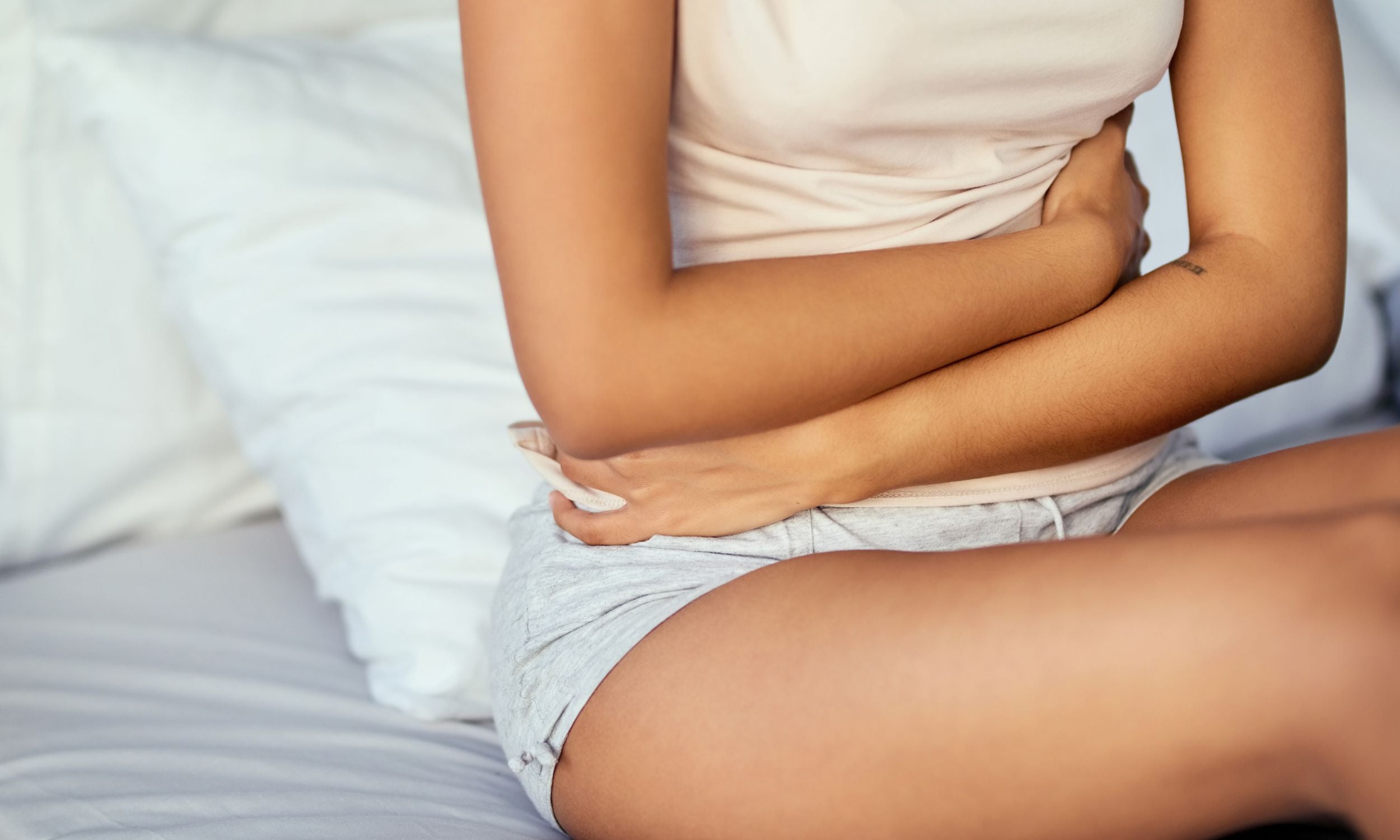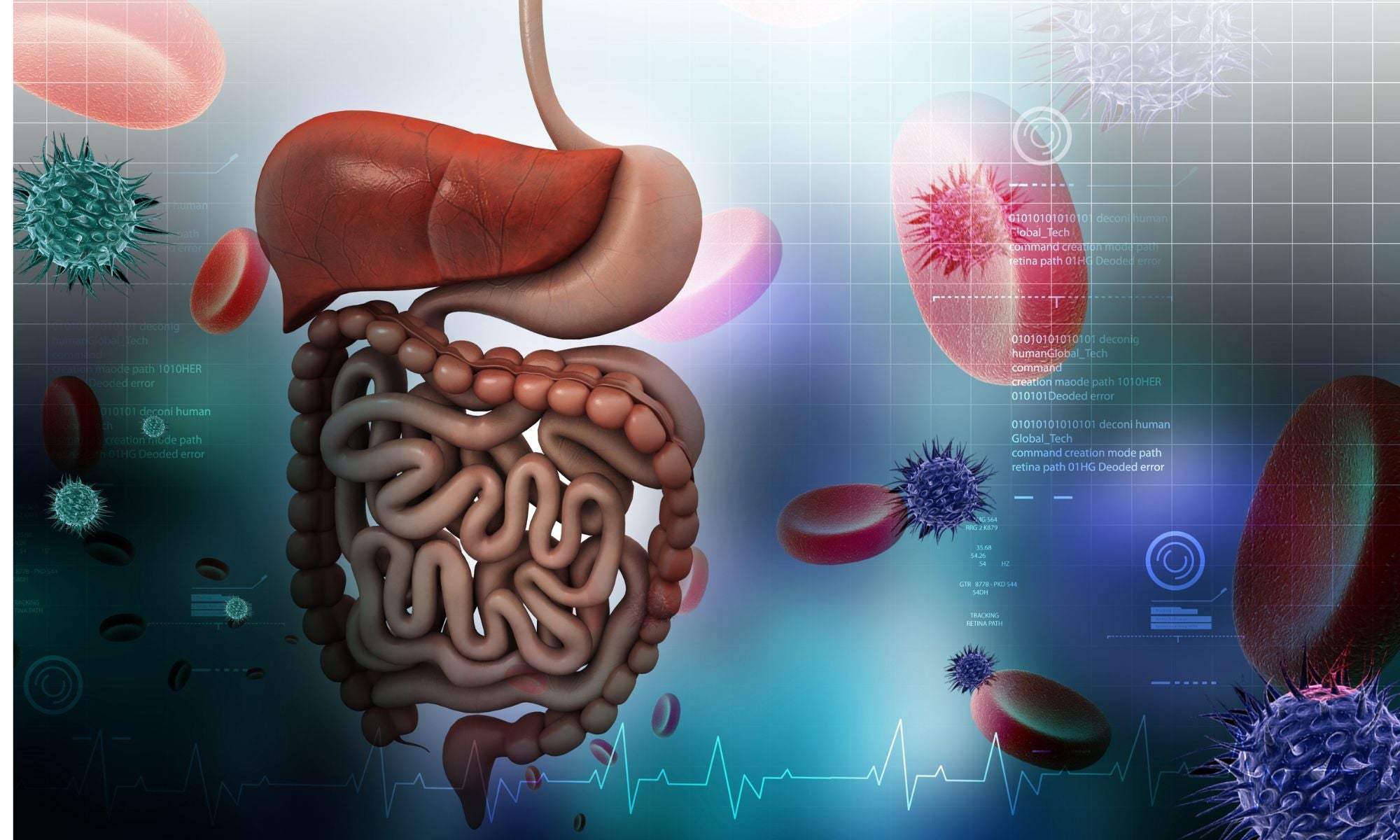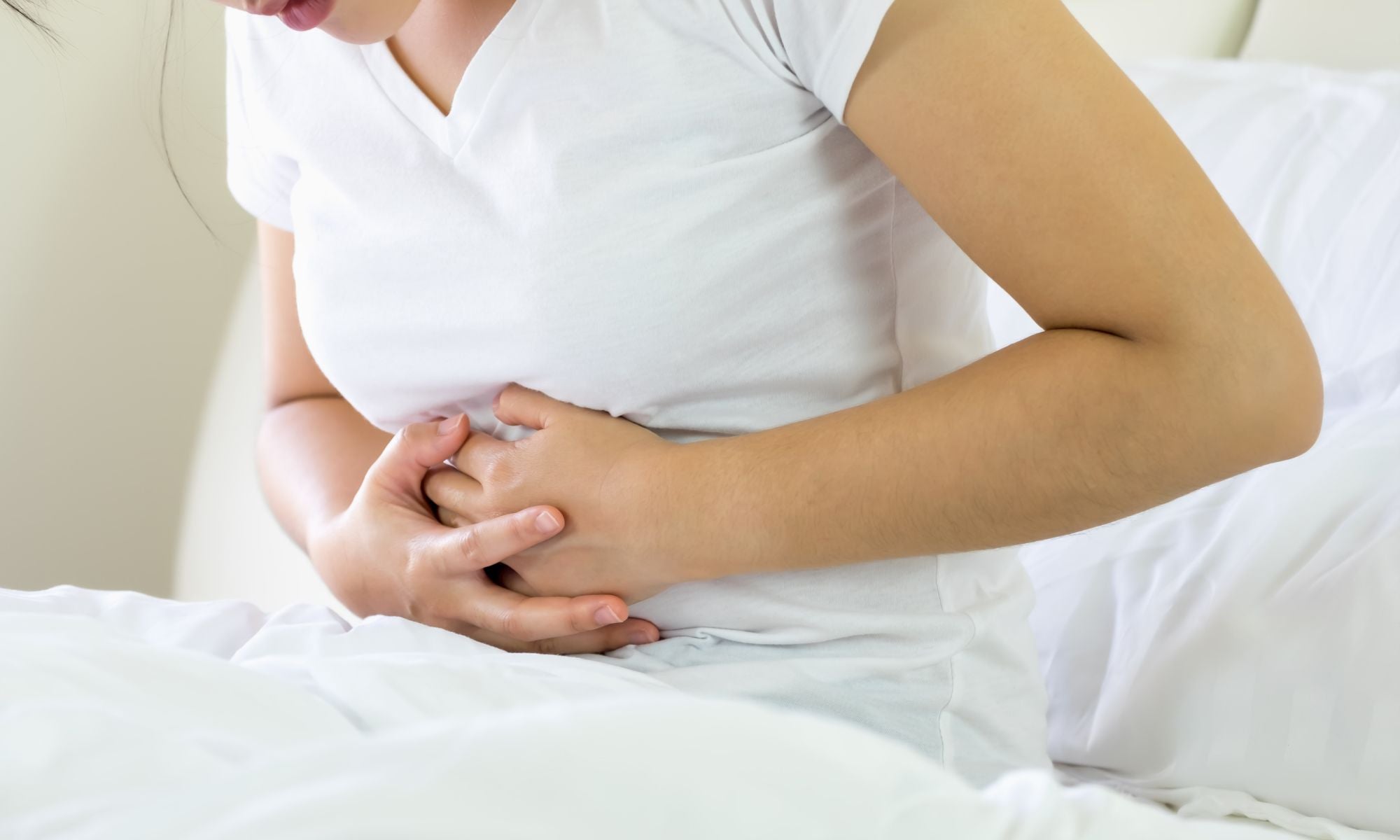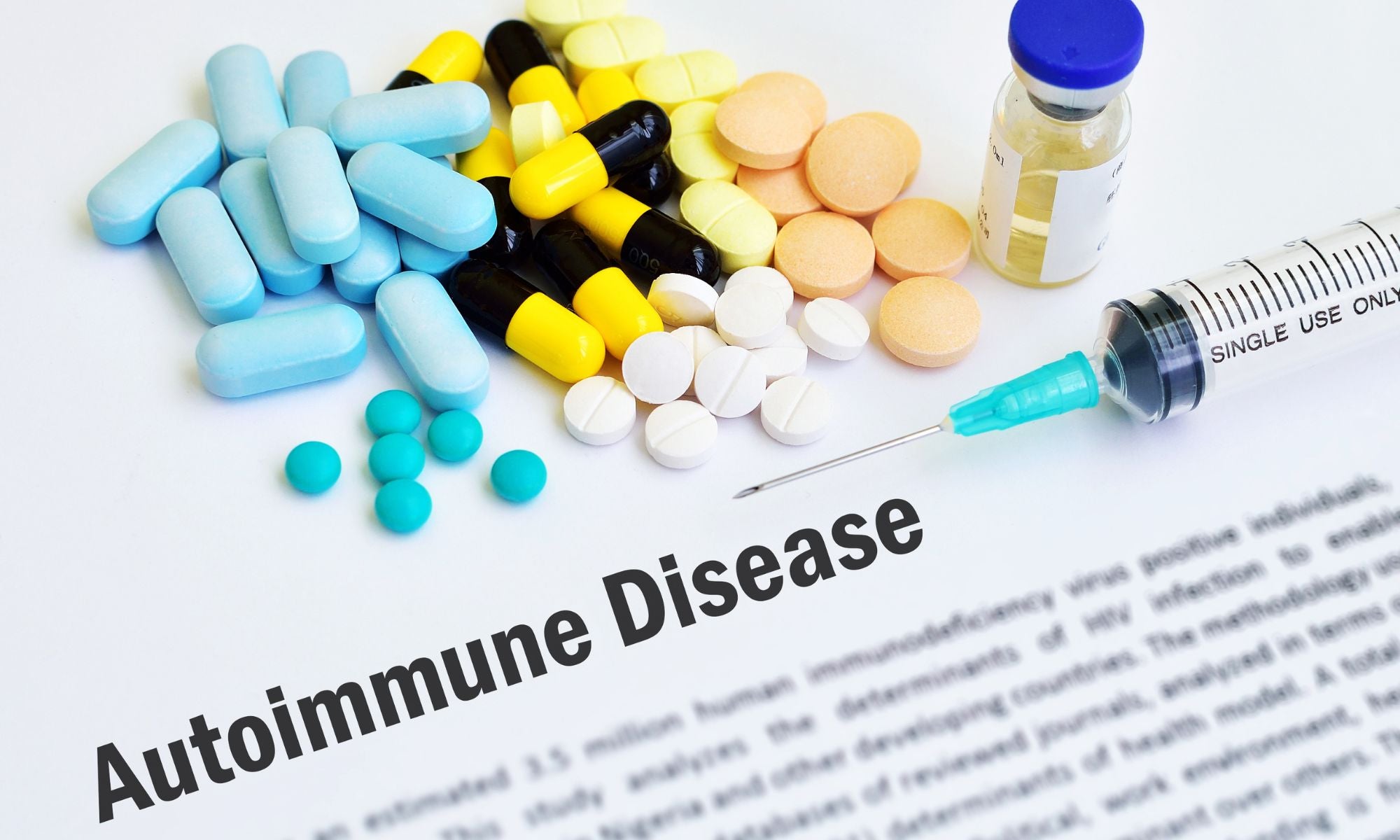
Understanding the Root Causes of Fecal Impaction: A Comprehensive Guide
Introduction to Fecal Impaction
The word "impaction" might make you think of a traffic jam, but it's much more severe. Fecal impaction is a condition where solid waste (poop) becomes trapped in the colon and can't be expelled. This happens when fecal matter builds up in the large intestine, making it difficult for bowel movements to pass through.
Sometimes, this blockage can lead to infection or even death if not treated promptly.
What is Fecal Impaction?
Fecal impaction is a condition that occurs when stool becomes impacted or stuck in the rectum or colon. This can happen when stool is too dry and hard to pass or when bowel obstruction occurs. Fecal impaction can occur in people of any age. Still, it's more common in older adults, people with chronic constipation, and those with certain medical conditions that affect the digestive system.

Causes of Fecal Impaction
The primary cause of fecal impaction is chronic constipation. When stool stays in the colon for too long, it becomes dry and hard, making it difficult to pass. Other causes of fecal impaction include:
-
Low-Fiber Diet
A diet that lacks fiber can contribute to fecal impaction. Fiber helps to soften stool and make it easier to pass.
-
Dehydration
When dehydrated, your body doesn't have enough water to soften stool, which can lead to fecal impaction.
-
Medications
- Certain medications can cause constipation and contribute to fecal impaction. These include opioid painkillers, antihistamines, and antacids.
-
Medical Conditions
Medical conditions that affect the digestive system, such as irritable bowel syndrome (IBS), inflammatory bowel disease (IBD), and diabetes, can increase the risk of fecal impaction.
Symptoms of Fecal Impaction
The symptoms of fecal impaction can vary depending on the severity of the impaction. Some common symptoms include:
-
Abdominal Pain and Bloating
When the stool is impacted in the colon, it can cause abdominal pain and bloating.
-
Constipation
Constipation is a common symptom of fecal impaction. You may have difficulty passing stool or have infrequent bowel movements.
-
Rectal Pain
The impacted stool can cause pain and discomfort in the rectum.
-
Nausea and Vomiting
In severe cases of fecal impaction, you may experience nausea and vomiting.
-
Diarrhea
Occasionally, diarrhea can occur due to stool leaking around the impaction.
Diagnosis and Treatment of Fecal Impaction
If you're experiencing symptoms of fecal impaction, it's important to see a healthcare professional for diagnosis and treatment. The diagnosis may involve a combination of your doctor's observations during a physical exam and the results of imaging tests like an X-ray or CT scan. Laxatives, suppositories, and enemas are commonly used to treat fecal impaction.
Laxatives for Fecal Impaction
Laxatives are medications that can help to soften stool and make it easier to pass. Several types of laxatives include bulk-forming agents, osmotic laxatives, and stimulant laxatives. Your doctor may recommend a specific kind of laxative based on the severity of your fecal impaction.
Suppositories for Fecal Impaction
Suppositories are medications inserted into the rectum to help soften stool and promote bowel movements. They can be helpful for people who have difficulty taking oral medications or need more immediate relief.
Enema for Fecal Impaction
An enema is a procedure in which a liquid solution is inserted into the rectum to soften and remove impacted stool. Enemas can be performed at home or in a medical facility.
Home Remedies for Fecal Impaction
In addition to medical treatments, several home remedies can help to prevent and treat fecal impaction. These include:
- Drinking plenty of water to stay hydrated
- Eating a high-fiber diet
- Exercising regularly to promote bowel movements
- Using a stool softener to help soften stool
- Trying natural laxatives, such as prunes or psyllium husk
Prevention of Fecal Impaction
Preventing fecal impaction is critical to avoiding discomfort and potential health complications. Here are some tips for preventing fecal impaction:
- Eat a high-fiber diet
- Drink plenty of water
- Regular exercise
- As soon as you feel the urge, use the restroom.
- Avoid holding in bowel movements
- Use a stool softener if you're prone to constipation
Conclusion
Fecal impaction is a common condition that can cause discomfort and lead to serious health issues if left untreated. Understanding the root causes of fecal impaction and recognizing the symptoms is key to getting prompt diagnosis and treatment.
With the right medical treatments and home remedies, you can manage fecal impaction and prevent it from happening in the future. If you're experiencing symptoms of fecal impaction, don't hesitate to talk to your healthcare provider for help.
Consult with your healthcare provider if you're experiencing symptoms of fecal impaction, and take steps to prevent it from happening in the future.












